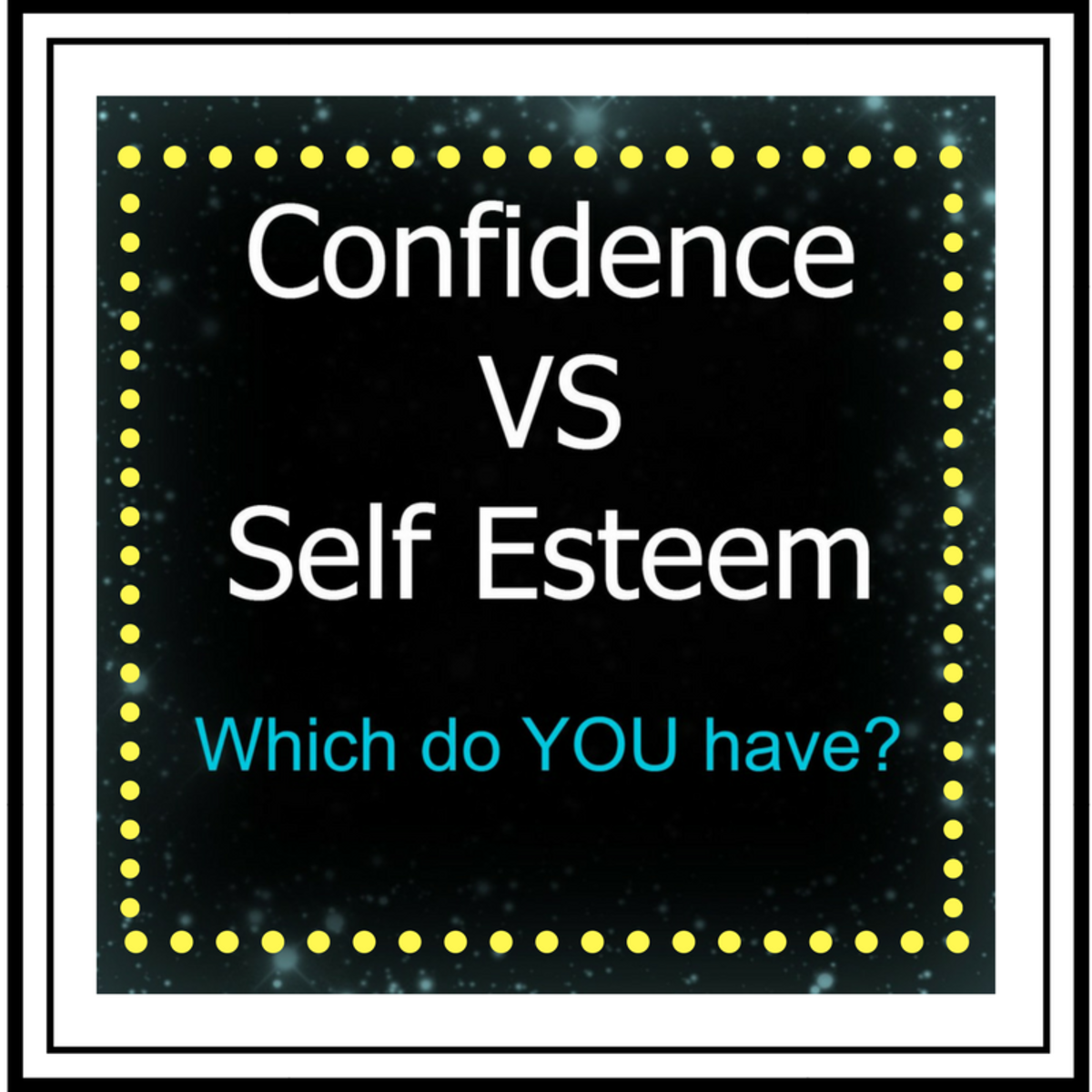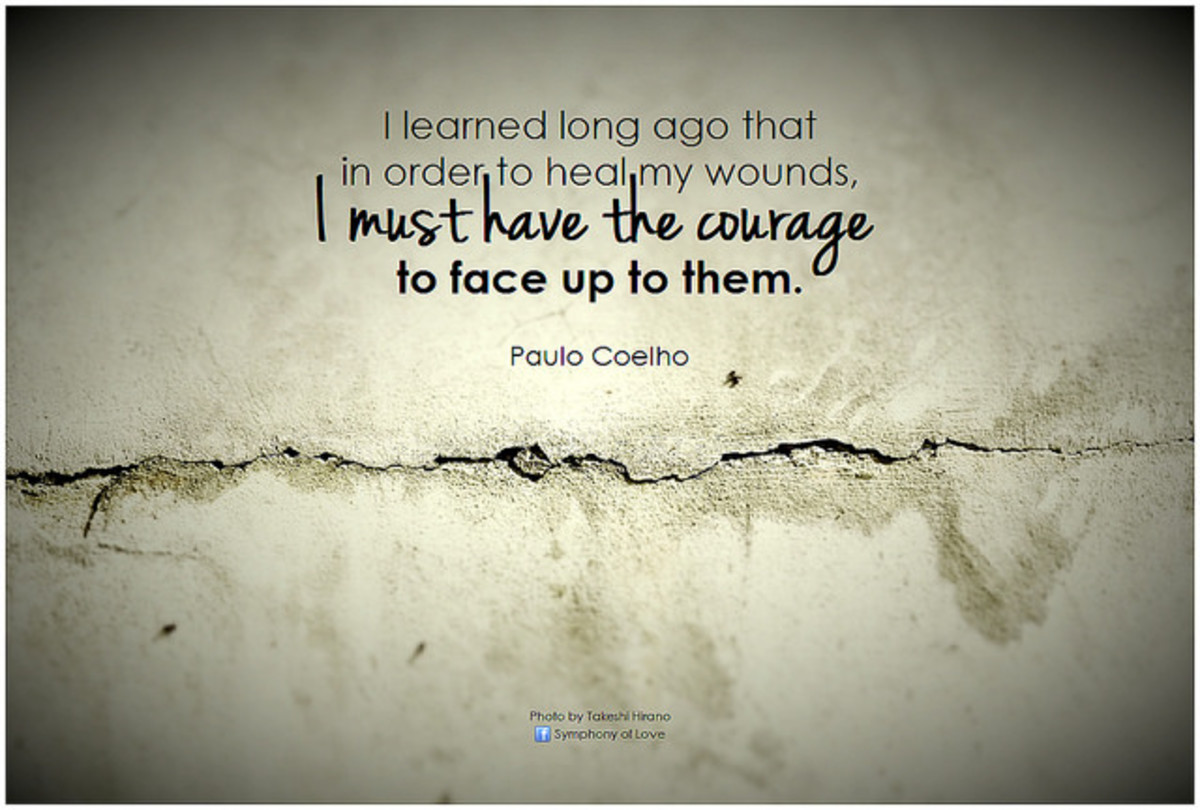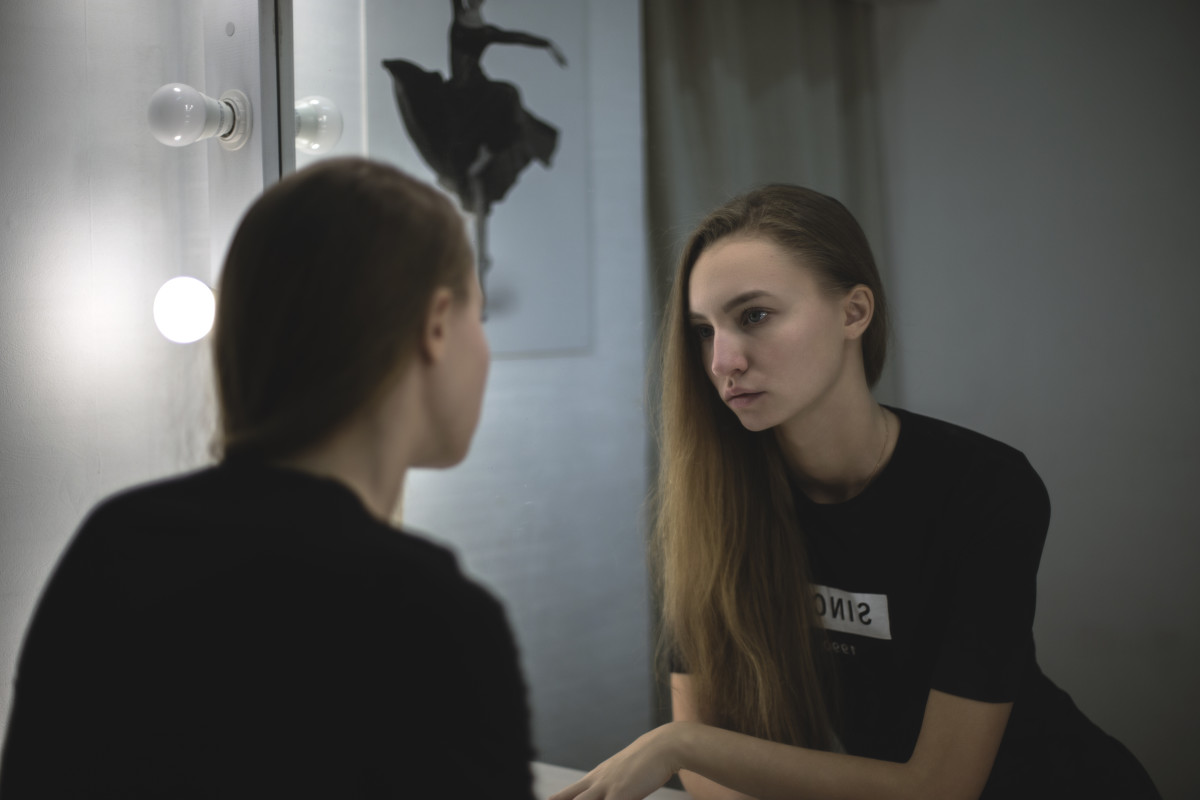Surprising Facts about Facebook and Self Esteem
by Kathy Batesel
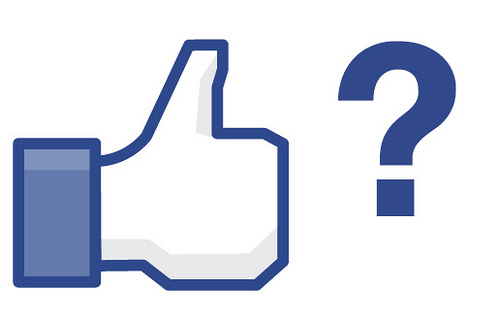
Face It: Facebook Affects Self Image and Relationships
When you log in to Facebook to update your status and post photos, you automatically make your private life public, and you may be revealing more about yourself than you realize - even if you take advantage of privacy settings. Three recent studies show how Facebook boosts self-esteem for people who already feel good about themselves, and can actually damage self-esteem for people who struggle with their self-image.
Keep reading to learn how you can use Facebook in a way that boosts how you feel about yourself and discover important information about people you're just getting to know.
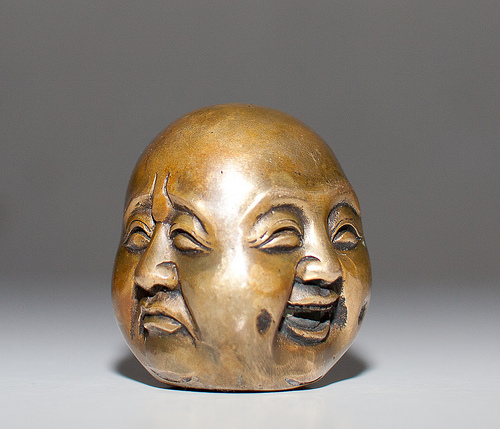
University of Waterloo's Facebook Study
When researchers Amanda Forest and Joanne Wood set out to paint a picture of how people use Facebook and its impact in their lives, they devised three separate studies that produced surprising results. Their results will soon appear in Psychological Science, but in the meantime, Dr. Gary Lewandowski provided a detailed review of their findings.
The first study explored measured participants' self-esteem and asked them whether they perceived Facebook as beneficial to them or not. Although both groups reported that they liked Facebook, those with low self-esteem reported that they were less self-conscious and could connect more easily with people. They also said they benefited most from self-disclosure.
In other words, people with low self-esteem believed Facebook was not just convenient, but is actually helpful to them.
The second study examined the kinds of posts users made, and how their posts made other people like or dislike them. The researchers took the most recent posts that participants had made, and coded them according to how negative or positive they were. Then they asked strangers who didn't know the posters to rate how much they thought they'd like the person posting.
They found that both groups (high self-esteem users and low) used Facebook about the same amount as each other. However, the people with low self-esteem had many more negative posts that described fears, anxiety, or anger instead of positive thoughts. Not surprisingly, strangers rated the Debbie Downers as less likable than the positive thinkers in the high self-esteem category.
The third study went one step further and measured the actual responses the posters had received on their status updates. They found that people in both groups got the highest responses when their posts were out of character. When a high-self esteem person whose posts were usually positive put an unhappy message up, they got more attention for that post than they normally did for their positive ones - a show of support from their friends. When low self-esteem posters posted something positive, that's when they got attention, but otherwise, people were no more responsive than normal.
In Lewandowski's words: "...the way in which (low self-esteem users) use Facebook, by expressing their negative emotions, is counterproductive because others tend to be less responsive. This in turn, could lead to the low self-esteem individual feeling less connected, further lowering their self-esteem. "
What's Your Opinion?
Generally speaking, how beneficial is Facebook, really?
Is Lewandowski's Conclusion about the Facebook Studies Fair?
Recently, Facebook has been a channel for bullying, smear campaigns, and hate-mongering. When Simone Black announced on Facebook that she was committing suicide, the 1,082 people on her friends list failed to intervene. Only one suggested even checking on her, even though a number of her friends lived within walking distance. Another post called Simone a liar, but Simone wasn't lying. She had overdosed and after her body was found the next day.
Eden Wormer is just one of many suicides that have come about because of cyberbullying - where cruel messages are sent via text messaging and social networks like Facebook, prompting new legislation in the U.S., Britain, and other countries.
Remember that low self-esteem users reported more benefit from using Facebook than high self-esteem users. They reported that they found it easier to connect with others.
How can Lewandowski's statement be correct, then?
By definition, low self-esteem users are more negative about their experiences. Facebook makes them feel safer, allowing them to open up more. They feel less vulnerable expressing their thoughts and feelings to a computer screen than they'd feel if they were trying to talk face-to-face with someone whose facial expressions might show disapproval or judgment.
For a person who has low self-esteem, this can be a positive experience. However, over time, their negativity will become apparent to their "friends" - some of whom they may not know in person. When they hit an especially tough point and post about it, they may not get supported because others have tuned out their negativity or even hidden their posts. Worse, the low self-esteem user is especially vulnerable to posts that are insensitive or cruel.
When they find criticism instead of comfort, their bad feelings can increase. They may become more depressed, which causes them to perceive things as more negative, and thus, a cycle begins that may be tough to change.

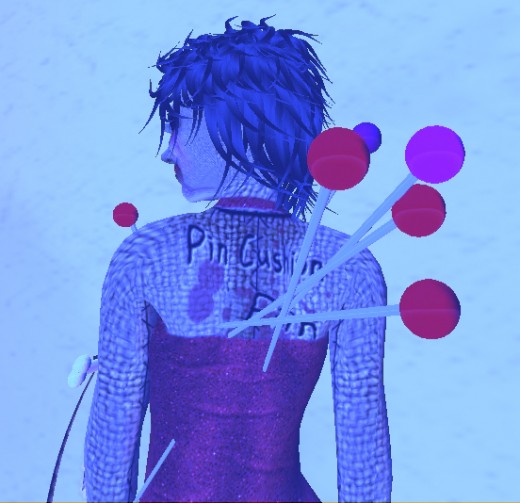

What's wrong with this text from a relationship that is a month old?
How Relationships Suffer
Although Forest and Wood's studies didn't examine how personal relationships were affected, Online Dating University reviewed a variety of articles and presented their findings in the infographic above. It reveals that the public nature of documenting our relationships can create problems.
Common sense can give us a good idea of how a low self-esteem person's approach to Facebook can affect their relationships:
"I wish people would shut up." This young lady's boyrfriend thinks, "Who, me?"
"I'm sick of being treated like crap." She's telling the whole world about our argument and trying to make me look bad.
When people read status updates, they have a thought about the person who posted it. It might be a good thought, but when the posts are negative, it's more likely to generate negativity in the reader, too.
This negativity erodes relationships, especially when negative posts are directly about someone who reads it. It's a kind of attack that's made in public. They may not want to create a scene, even if it's a virtual audience that's watching. They may forgive, but if the same thing happens weeks later, they'll remember the first time. If it happens a third, a fourth, a fifth time, they'll be less likely to forgive and more likely to tune out the attacker - even if it means cutting ties.
In a relationship's early days, it's tempting for a new lover to want to share with the entire world how he or she feels, but it can backfire. This text message photo is one that a young woman posted on social media and allowed me to use anonymously. She felt great when she posted it, and didn't see the red flags it contained.
Later, when she and the young man in question broke up, it was equally public. His friends sent her hateful, threatening messages, and hers did the same thing to him.
For weeks, she felt depressed and unhappy - not just while they were in the breakup process, but afterward. She felt like she was worth less than because of the nasty messages that people had sent her. It took her a while to regain her equilibrium (and a lot of support from other friends and family.) The effects on Facebook on this couple were profound and certainly worsened her self-esteem, at least temporarily.
What Can a Low Self-Esteem Person Do?
Look at your own posts. Read the last ten. How many of them were positive, upbeat statements? How many were negative?
If you find that you're more negative than you thought, learn to censor your posts. You don't have to change how you feel. You probably couldn't do that, anyway. Find an encouraging quote every time you're tempted to post something that makes you sound unhappy, and allow that quote to stand in for the way you're feeling. Better yet, find something positive about your day to post.
Express your cynical, sad, or angry thoughts in a journal instead, because if your posts make people think of things that are wrong in the world, they'll like you less. People enjoy people who are fun, and negativity isn't fun. When people enjoy you, they reflect back to you what's likable about you, which can boost your self-esteem.
Realize that Facebook may be fun, but that low self-esteem can make you susceptible to cruel people, and that cruel people *do* exist. If you find yourself feeling worse when you're on the site, take a break for a day or two.
Finally, find other ways to build your self-esteem so that you don't even experience the kinds of negative emotions that tempt you to post subtle attacks on other people. These three items, available from Amazon, are highly rated by users who have used them to address their self-esteem issues.
Getting Maximum Benefit from Facebook
Perhaps you're not negative, but you're having conflicts with someone in your life who is. Their posts reflect their disheartening view of life.
By recognizing how their posts reflect their self-esteem, you can get an idea of whether they're going through a rough period of if they really dislike themselves, which lets you decide how much involvement you want to have with them.
You can maximize Facebook's benefits by showing yourself in a more positive light.
Oh, yeah, and you can share this for your friends who might have low self-esteem themselves!


